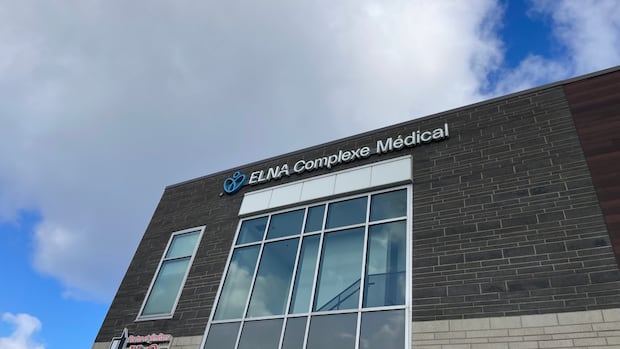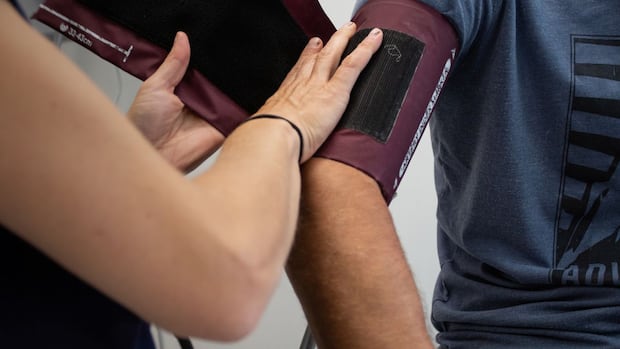
ELNA Medical Group, a Montreal-based company that bills itself as Canada’s largest network of medical clinics, has entered creditor protection.
The application was granted in Quebec Superior Court. ELNA also received court approval to solicit interest in a potential sale.
ELNA’s network includes family medicine and specialty clinics, as well as diagnostic laboratories. The clinics are privately owned and run, but many of their services are covered by public health insurance.
The development raises questions about the future of ELNA and its patients, and more broadly, the growing presence of private clinics in Quebec.
In all, ELNA has more than 100 clinics in five provinces serving more than three million Canadians, according to its website. Almost half of clinics (49) are in Quebec, and the rest are located in Ontario, Manitoba, Saskatchewan and Alberta.
Laurent Amram, president and founder of ELNA Medical Group, said in a statement the move was made in attempt to strengthen its “financial stability” and ensure “uninterrupted care for our valued physicians, health-care professionals and patients.”
A court-appointed monitor in the case, Benoit Fontaine, was more candid about the situation. He said ELNA is facing a “liquidity crisis” after acquiring clinics in Quebec and elsewhere.
“The rapid growth was mainly financed by debt,” he said. ELNA will look to find investors or buyers for its clinics in the coming months, he said.
Big presence in Quebec
ELNA has a particularly strong foothold in Quebec. Among the 49 clinics in the province, 26 are front-line or specialized clinics covered by public health insurance, 11 are private family medicine clinics and 12 offer other private health-care services.
ELNA also owns more than two dozen labs and points of service in the province.
Quebec Health Minister Christian Dubé tabled a bill that would force medical school graduates in the province to spend their first five years working in the public health-care system.
In February, ELNA announced a major expansion with the acquisition of the Brunswick Health Group, a large network of clinics headquartered in Montreal’s West Island. It also recently acquired clinics in the Quebec City area.
The situation unfolding with ELNA underscores the risks of allowing private companies to operate health-care clinics, said Dr. Lyne Couture, the president of the Fédération des médecins omnipraticiens Laurentides-Lanaudiere, a group representing general practitioners.
In an interview, Couture argued that clinics should be owned by physicians, not companies.
“There’s a risk there because if they [companies] don’t make money, they can just pull out,” she said.
“Whereas if they’re owned by a physician, then the physician is bound to its ethic code and they have to keep on protecting the data of their patients and finding solutions.”
Dr. Isabelle Leblanc, head of the pro-public health group Médecins québécois pour le régime public, said the potential fallout could be major for patients who rely on these clinics for care.
“It’s not surprising unfortunately, but it’s scary,” she said.
She argued health care and profit should not go hand-in-hand and that the Quebec government needs to put a stop to the trend of companies buying up family medicine clinics.
Province tries to ease concerns
The office of Quebec Health Minister Christian Dubé didn’t want to comment on ELNA’s financial difficulties, but said that regardless of what happens with the company, no patient should expect to lose their family doctor.
“It’s important to remember that patients are associated with doctors, not with the premises or the family medicine group,” spokesperson Audrey Noiseux said in an email.




